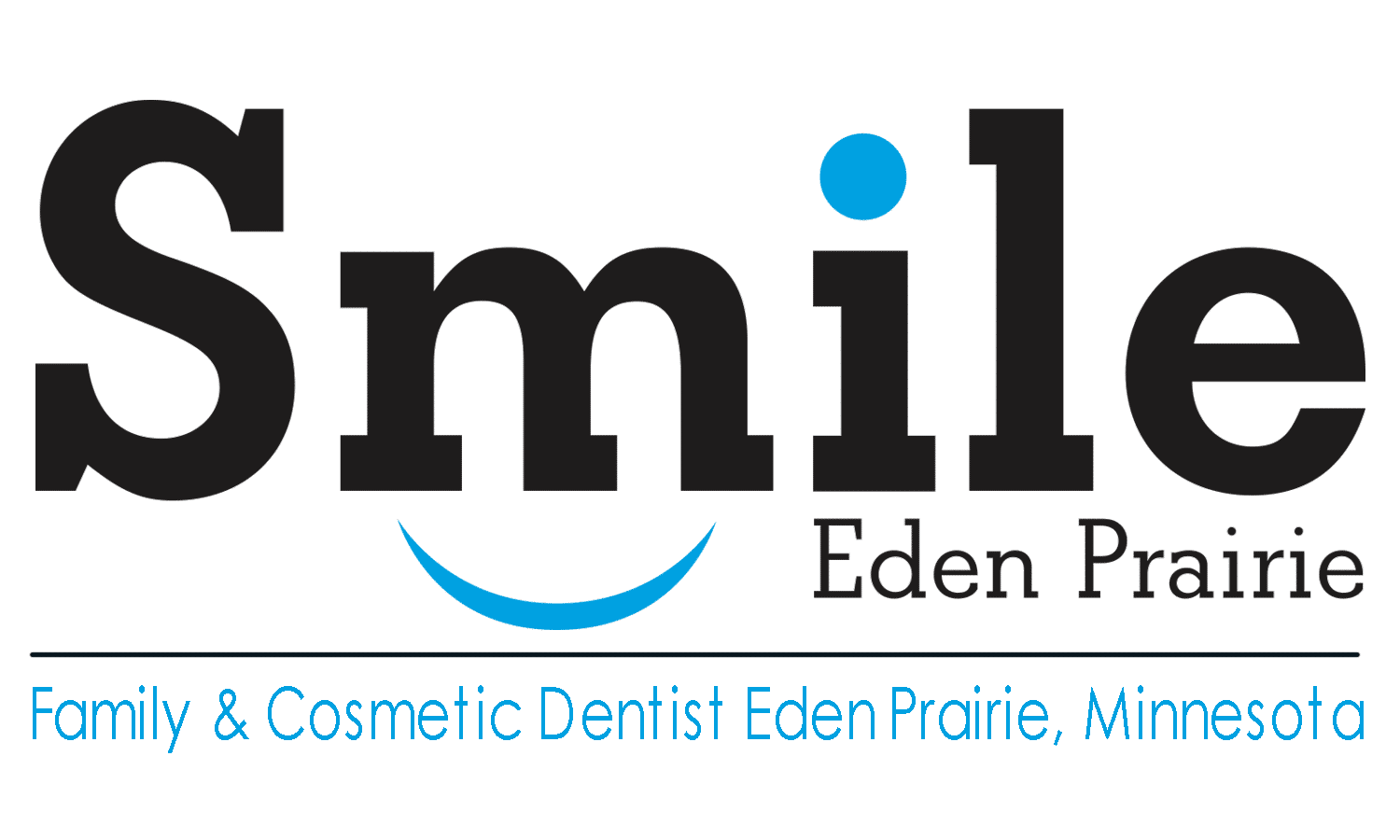More information on Dental Plans
Dental plans that cover the costs of all phases of dental treatment are an important aspect of a person’s medical insurance coverage. These insurance plans cover the cost of oral care annually. Below are some things to consider when evaluating and purchasing dental coverage.
Where Can I Get a Dental Plan That Works Well For Me?
Employers may offer employees a dental plan as part of the benefits package. Employees can usually opt in or out of the specific dental policy. Most plans cover specific procedures and preventative care. They usually allow for a maximum amount of reimbursement provided annually and determine a shared cost (copayment) which takes place at each appointment. People are also able to purchase dental plans through various outlets including worker's unions, professional organizations or clubs like the American Association of Retired Persons (AARP). Some plans even allow the insured to include their family in the plan for an additional cost.
When purchasing dental coverage through a health exchange in your state, be sure to consider that some plans including dental coverage only cover dependents. In this scenario, it may be necessary to buy a separate dental plan.
What is Typically Covered Under a Dental Plan?
The National Association of Dental Plans explains that most dental plans cover 100 percent of preventive dental procedures including examinations, cleanings and X-rays. Patients will usually pay more for typical restoration procedures which may include fillings, root canals and extractions. Based on the kind of plan chosen, you may be reimbursed up to 80 percent of the cost of the procedure or offered treatment at a lower rate. For more extensive restorative procedures such as crowns or bridges, you can expect to pay more. Insurance may cover up to 50 percent of the bill for treatment. The specific details of your dental policy will explain the fees and copayment expectations for specific procedures.
What Should I Expect to Pay Out of Pocket?
Out of pocket costs can vary drastically. The costs will depend on your dental insurance premium, the monthly contributions and the specific coverage details of the dental policy. It is common for inexpensive plans to cost only low as a few dollars per month. More extensive plans and some group plans may costs hundreds of dollars annually. When the employer covers the cost of dental care, coverage for additional family members may need to be paid out of pocket.
Do Most Dentist or Specialists Take Dental Coverage?
When you sign up for dental insurance, the insurance company can provide in network providers. Some specialists are part of the same network as the general dentist and accept the same insurance plan. Some specialists can be considered out-of-network, meaning their procedures are not covered or are covered at a different rate.
Dental insurance coverage can help ensure patients receive necessary dental care and help cover the costs of required dental care. The National Association of Dental Plans can help provide more information on dental insurance and how it works. It is especially important to read the fine print when considering dental insurance coverage.
